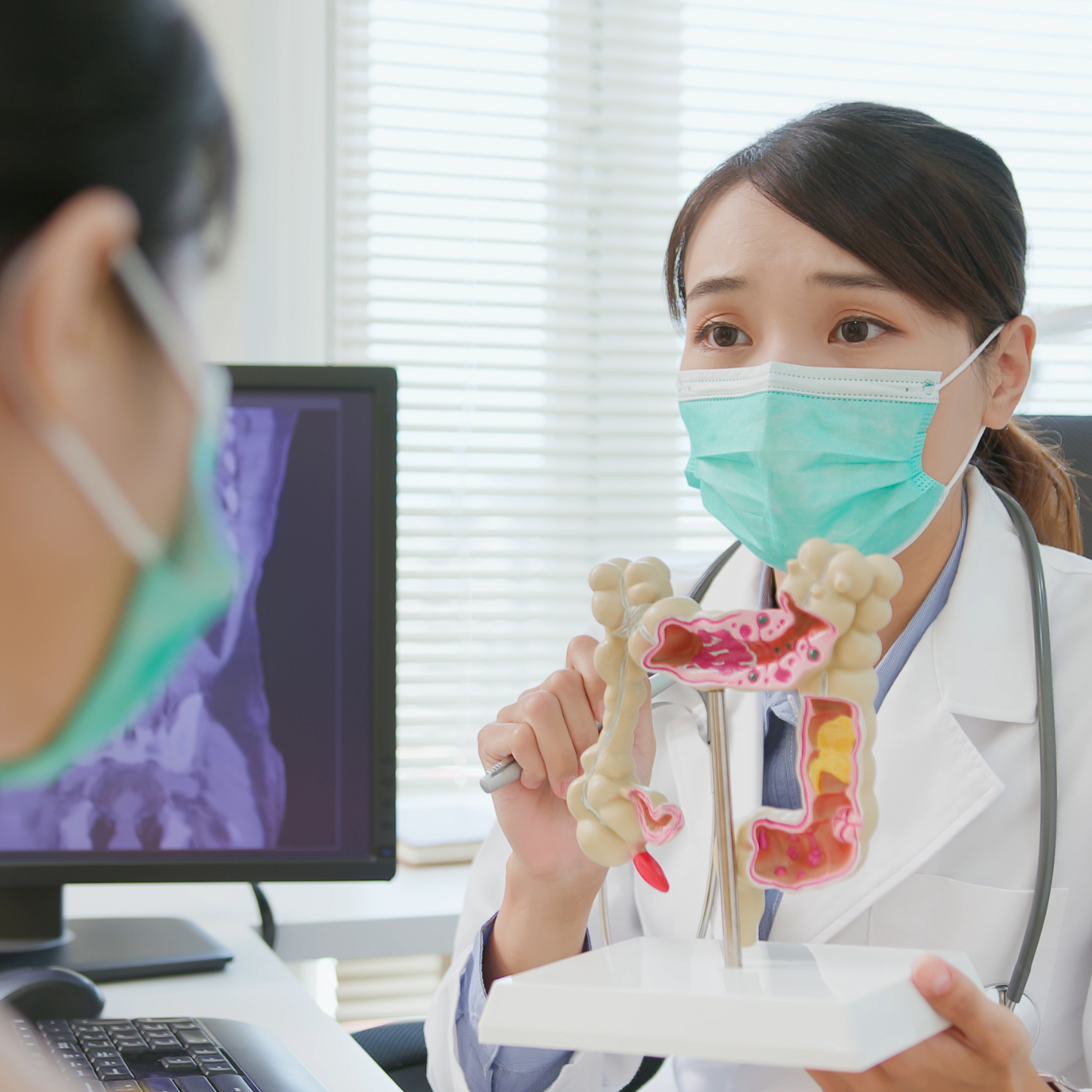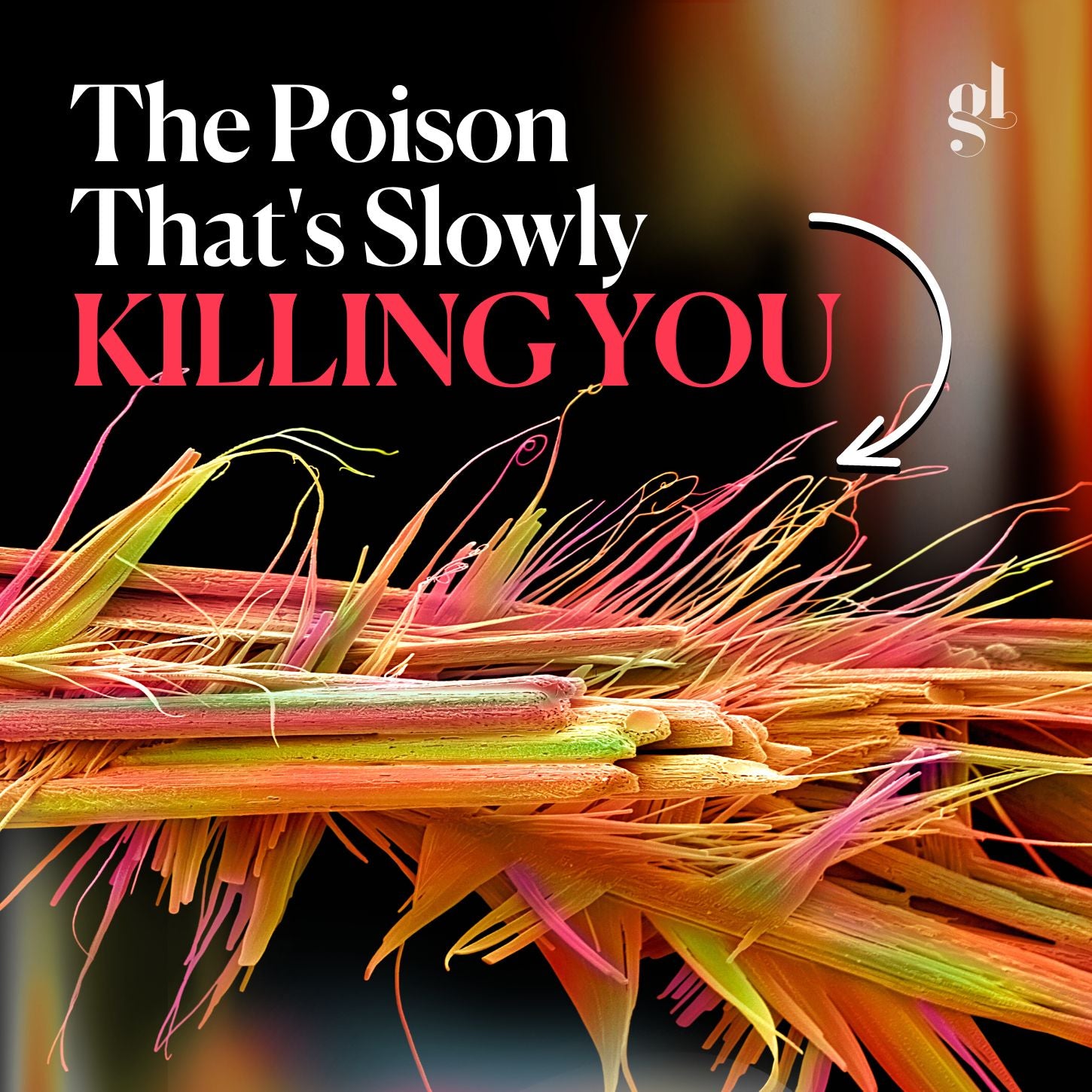A cancer diagnosis can be one of the scariest things one can experience. Cancer cannot be sugar-coated. It is serious, often deadly, and unfortunately, not that uncommon.
In fact, there are not many people who don’t know someone who has died of cancer!
Cancer is a leading cause of death worldwide, accounting for nearly 10 million deaths in 2020, approximately 5 times more than deaths caused by COVID-19 in 2020. By 2040, the number of new cases per year is expected to rise to 28.4 million and the number of cancer-related deaths to 16.4 million.
All this only makes us beg the question: why the increase in cancer?
That’s the question researchers at the University of Texas MD Anderson Cancer Center were asking. In 2008, they set out to investigate what was driving the global cancer epidemic. They conducted a meta-analysis of studies in peer-reviewed journals and then published their summary report in Pharmaceutical Research.
The researchers concluded that only 5-10% of all cancers are caused by genetic defects. The other 90-95% are caused by a combination of various environmental factors. Of those environmental factors, they found that smoking is the underlying cause of 25-30% of all cancer deaths.
But there was another factor the researchers concluded was even more significant than smoking and this was diet. In fact, the researchers reported poor dietary habits cause 30-35% of all cancer cases worldwide- totalling more than two million deaths per year!
While this may at first seem all a bit grim, the latest research actually gives us some really good news: that is, that many cases of cancer can be prevented by what you choose to put into your mouth on a daily basis.
In this blog, we’re going to explore how you can give yourself the best fighting chance to avoid cancer, specifically cancer of the colon. We’ll be looking at the latest peer-reviewed research so you can take immediate action to protect yourself and the people you love.
Table of Contents:
What is Colorectal Cancer?
Colorectal cancer, also known as colon cancer, occurs when the cells in your large intestine become abnormal. Your large intestine, or colon, connects the small intestine to the rectum and plays a vital role in your digestive system by eliminating waste from your body.
Colorectal cancer ranks as the third most prevalent type of cancer worldwide, with nearly 2 million cases diagnosed in 2020 alone. Sadly, it is also the second leading cause of cancer-related deaths, claiming nearly 1 million lives each year.
Symptoms of Colorectal Cancer
Colorectal cancer symptoms can often go unnoticed, making early detection challenging. While blood in the stool or changes in bathroom habits may prompt a doctor's visit, there are other warning signs to watch out for. These include:
- Fatigue
- Unexplained weight loss
- Loss of appetite
- Abdominal discomfort
- The feeling of incomplete or urgent bowel movements
- Anemia
Risk Factors for Colorectal Cancer
Overall, the lifetime risk of developing colorectal cancer is about 1 in 23 for men and 1 in 26 for women. However, each person's risk might be higher or lower than this, depending on their risk factors for colorectal cancer.
Colorectal cancer does have a genetic component and can impact numerous family members across different generations. However, it doesn’t typically doesn't manifest until an environmental factor sets it off. While we can't change our genetic makeup, being aware of a family history of colorectal cancer can prompt us to be more proactive in prevention.
Besides genetics (which you can’t do too much about), there are some lifestyle risk factors that you can have some control over. These include:
- A diet low in fiber and high in fat and calories
- Sedentary lifestyle
- Smoking
- Heavy alcohol use
- Obesity
- Age (most people diagnosed are over 50)
- Inflammatory bowel disease
- Inherited syndromes such as familial adenomatous polyposis (FAP) and Lynch syndrome

Conventional Treatment
Conventional treatment for colon cancer typically involves a combination of surgery, chemotherapy, and radiation therapy. The choice of treatment largely depends on the stage of the cancer at diagnosis. Surgery is often the first line of treatment, with the goal to remove the tumor and any affected surrounding tissue. Cytotoxic drugs and antiangiogenic agents are also used for the treatment and control of cancer progression.
For more advanced stages, chemotherapy, which uses drugs to kill cancer cells, may be used either before surgery to shrink tumors, or after to kill any remaining cancer cells. Radiation therapy may also be used in conjunction with surgery and chemotherapy.
Unfortunately, many of these treatments have some pretty serious side effects. For example, side effects of chemotherapy occur when healthy cells are damaged. Some of the side effects that have been reported include fatigue, headache, muscle pain, stomach pain, diarrhea and vomiting, sore throat, blood abnormalities, constipation, damage to the nervous system, memory problems, loss of appetite, and hair loss.
Where Does This Leave Us?
Fortunately, there are some things you can do to improve your overall health, which can help you prevent and fight the disease. In our next article, we’re going to explore some of these natural solutions so you can give yourself and your loved ones the best fighting chance against colorectal cancer.
Please note, if you are undergoing cancer treatment, it is essential that you consult with your health practitioner before you make any changes to your diet or lifestyle.
Recipe Spotlight: Spicy Moroccan Red Lentil Soup
Red lentils are high in fiber and complex carbs while low in fat and calories. Lentils are also a good source of protein. One cup of cooked red lentils provides roughly 18 grams of protein. With such high protein content, you are sure to be fuelled up all day long. For plant-based eaters, lentils often are nutritious staples that offer an array of health benefits from balancing blood sugar and maintaining a healthy weight to reducing inflammation and protecting the heart. Enjoy!
















What Do You Think? Comment Below: